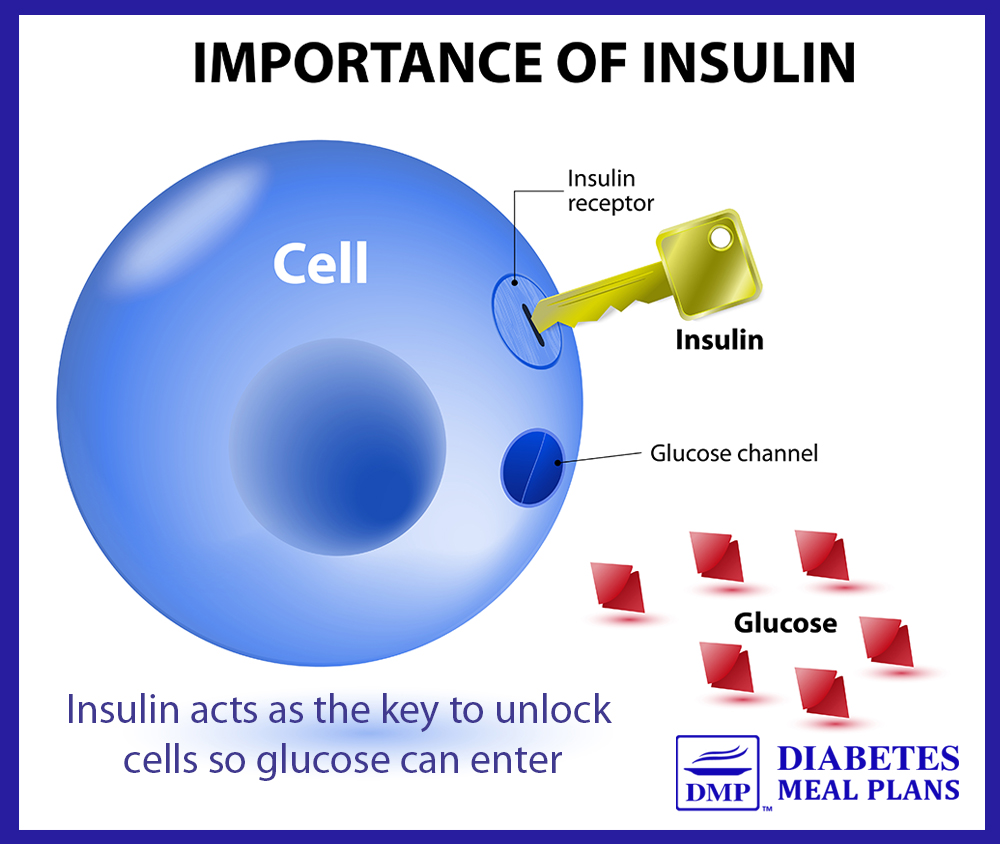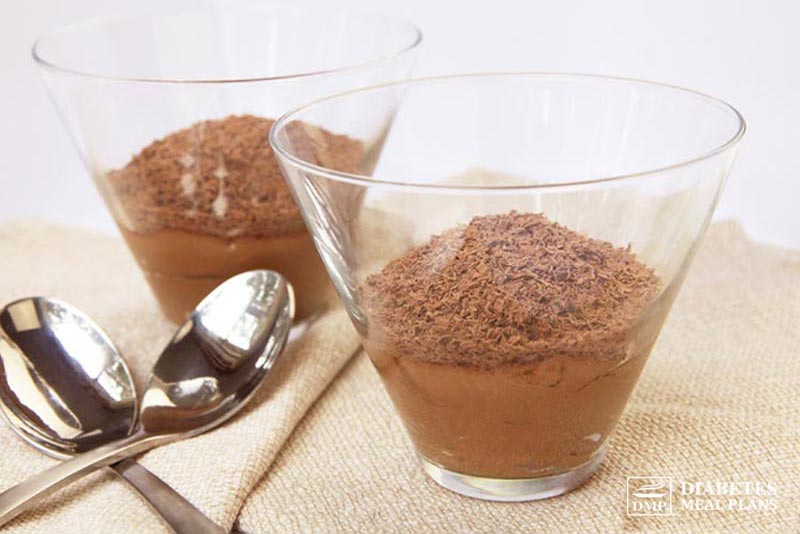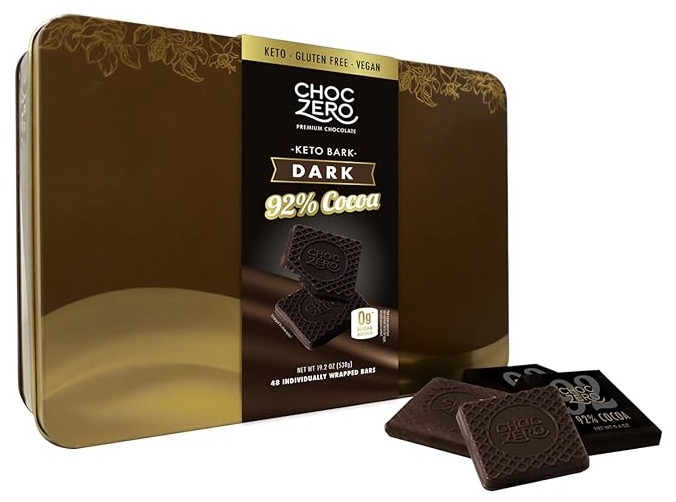Table of Contents[Hide][Show]
If you’re living with type 2 diabetes or prediabetes, the idea that eating chocolate could be part of your diet might seem too good to be true.
But here’s some exciting news: cocoa powder, the main ingredient in chocolate, has shown potential health benefits!
However, not all chocolate products are created equal, and it’s essential to understand how to use cocoa powder in ways that support, rather than hinder, your health goals.
Read on to discover how cocoa powder can benefit people with diabetes, what the science says, and how to incorporate it into your diet for better blood sugar control.
The Nutritional Power of Cocoa Powder
Cocoa powder is made from the seeds of the cacao tree, and it’s packed with nutrients that contribute to its health benefits.
One of the key components is flavanols, a type of antioxidant that has been shown to improve heart health, reduce inflammation, improve cognitive function, and help regulate blood sugar levels.
Unlike processed chocolate, cocoa powder contains little to no added sugars or fats.
When you choose unsweetened cocoa powder, you are getting a low carbohydrate, high fiber product that has little impact on your blood sugar.
Nutrition Facts for Cocoa Powder
A typical serving (1 tablespoon) of unsweetened cocoa powder contains around:
A very healthy nutrition profile for this beneficial diabetes food!
Cocoa Powder Improves Insulin Sensitivity
The real question is, how can cocoa powder impact your blood sugar?
Research suggests that cocoa powder has positive effects on insulin sensitivity, improving insulin function, lowering insulin spikes and reducing insulin resistance. This is a great thing!
Insulin sensitivity refers to how well your cells respond to insulin, the key hormone that helps regulate blood sugar.

In people with type 2 diabetes, prediabetes or insulin resistance, insulin sensitivity is often impaired, which can lead to elevated blood glucose levels over time.
Activating the ‘key’ so it performs better is essential and the nutritional power of cocoa powder can help.
All of these factors will influence your body’s ability to regulate blood sugar levels more effectively.
Cocoa Powder Promotes Heart Health
Cardiovascular health is a critical concern for anyone with diabetes. Elevated blood sugar levels over time can damage blood vessels and increase the risk of heart disease. Fortunately, cocoa powder offers benefits for heart health!
Research has shown that cocoa powder can help lower blood pressure and enhance overall vascular health.
One of the ways it does this is by increasing the production of nitric oxide, a compound that helps relax and dilate blood vessels, improving blood flow.
Another major benefit of cocoa-rich chocolate is it helps improve cholesterol levels, reduce lipid oxidation (a key contributor to heart attacks and strokes).
Cocoa-rich chocolate has even been shown to increase HDL cholesterol (the “good” cholesterol).
Improved cholesterol levels can further reduce the risk of heart complications for people with diabetes!
Tip: See our top 5 chocolates for diabetes here.

Cocoa Powder Boosts Positive Brain Power
The antioxidant and anti-inflammatory effects of cocoa’s flavanols provide brain-boosting benefits!
Flavanols in cocoa can increase blood flow to the brain, which is essential for mental performance.
In fact, cocoa flavanols can enhance blood vessel flexibility and improve circulation to areas of the brain involved in memory and cognitive processing, enhancing memory and learning ability, particularly as we get older.
Cocoa is also known to promote a positive mood. It can stimulate the release of “feel-good” neurotransmitters like serotonin and endorphins, which help improve overall mood and reduce feelings of anxiety and depression.
How to Use Cocoa Powder in Your Diabetes-Friendly Diet
So, how can you take advantage of the benefits of cocoa powder without negatively impacting your blood sugar? The key is moderation and choosing the right type of cocoa powder.
Here are some practical tips:
- Choose Unsweetened Cocoa Powder: Always opt for unsweetened cocoa powder, which contains no added sugars. It’s low in carbohydrates and won’t spike your blood sugar.
- Mix It into Your Smoothies or Shakes: Adding a tablespoon of cocoa powder to a low carb smoothie is a great way to boost your antioxidant intake while keeping your blood sugar in check.
- Indulge in a Chocolate Homemade Milkshake: Blend avocado, unsweetened cocoa and any safe diabetes sweetener to make a decadent treat – YUM!
- Make Your Own Hot Cocoa: You can create a diabetes-friendly hot cocoa by mixing unsweetened cocoa powder with a milk of your choice (unsweetened almond or soy milk, cows milk or half/half). Add a touch of a natural sweetener like stevia or erythritol for a satisfying treat without the sugar.
- Bake with Cocoa Powder: If you enjoy baking, unsweetened cocoa powder can be used in many low carb, diabetes-friendly recipes, such as this delicious No Bake Chocolate Pudding.

Should You Avoid Chocolate?
Absolutely not!
Chocolate is a YES food!
However, you must choose wisely.
Many commercially available chocolate contain added sugars that can spike your blood sugar and negatively impact your health goals.
If you do want to enjoy chocolate, look for products with high cocoa content and check the label for added sugars.
The higher the cocoa content, the more likely you are to benefit from the flavanols. The lower the sugar, the less impact on blood sugar levels.
THINK: DARK CHOCOLATE!
Here are our two favorite options:
**Just keep in mind that it’s best not to over-indulge on chocolate – unless it’s ChocZero – which is rich in cocoa flavanols with zero sugar!
Conclusion on Cocoa Powder for Diabetes
Cocoa powder can be a delicious and healthy addition to your diet with type 2 diabetes or prediabetes.
Its rich flavanol content helps improve insulin sensitivity, supports heart health, and provides powerful antioxidants. It also boosts brain power.
By choosing unsweetened cocoa powder and dark chocolate in moderation, you can satisfying your chocolate cravings and enjoy the amazing health benefits!
References
- Effects of chocolate, cocoa, and flavan-3-ols on cardiovascular health: a systematic review and meta-analysis of randomized trials123 Hooper, Lee et al. The American Journal of Clinical Nutrition, Volume 95, Issue 3, 740 – 751
- Lin X, Zhang I, Li A, Manson JE, Sesso HD, Wang L, Liu S. Cocoa Flavanol Intake and Biomarkers for Cardiometabolic Health: A Systematic Review and Meta-Analysis of Randomized Controlled Trials. J Nutr. 2016 Nov;146(11):2325-2333. doi: 10.3945/jn.116.237644. Epub 2016 Sep 28. PMID: 27683874; PMCID: PMC5086796.
- Mellor DD, Sathyapalan T, Kilpatrick ES, Beckett S, Atkin SL. High-cocoa polyphenol-rich chocolate improves HDL cholesterol in Type 2 diabetes patients. Diabet Med. 2010 Nov;27(11):1318-21. doi: 10.1111/j.1464-5491.2010.03108.x. PMID: 20968113.
- Lamport DJ, Pal D, Moutsiana C, Field DT, Williams CM, Spencer JP, Butler LT. The effect of flavanol-rich cocoa on cerebral perfusion in healthy older adults during conscious resting state: a placebo controlled, crossover, acute trial. Psychopharmacology (Berl). 2015 Sep;232(17):3227-34. doi: 10.1007/s00213-015-3972-4. Epub 2015 Jun 7. PMID: 26047963; PMCID: PMC4534492.
- Socci V, Tempesta D, Desideri G, De Gennaro L, Ferrara M. Enhancing Human Cognition with Cocoa Flavonoids. Front Nutr. 2017 May 16;4:19. doi: 10.3389/fnut.2017.00019. PMID: 28560212; PMCID: PMC5432604.



Leave a Reply